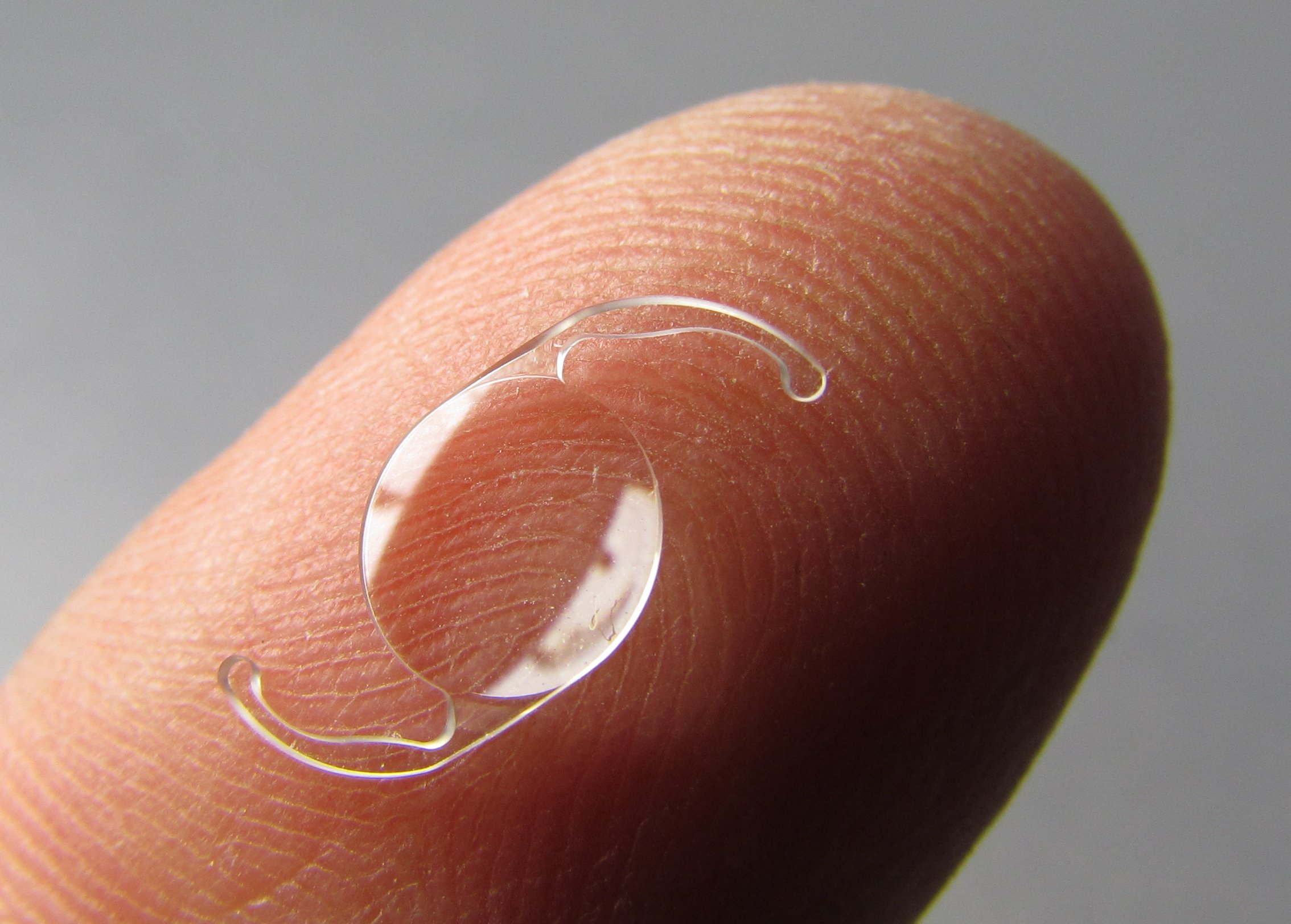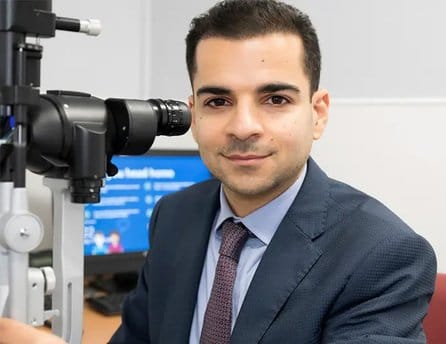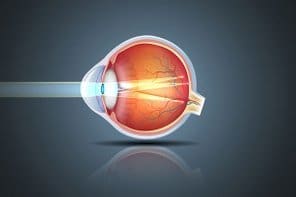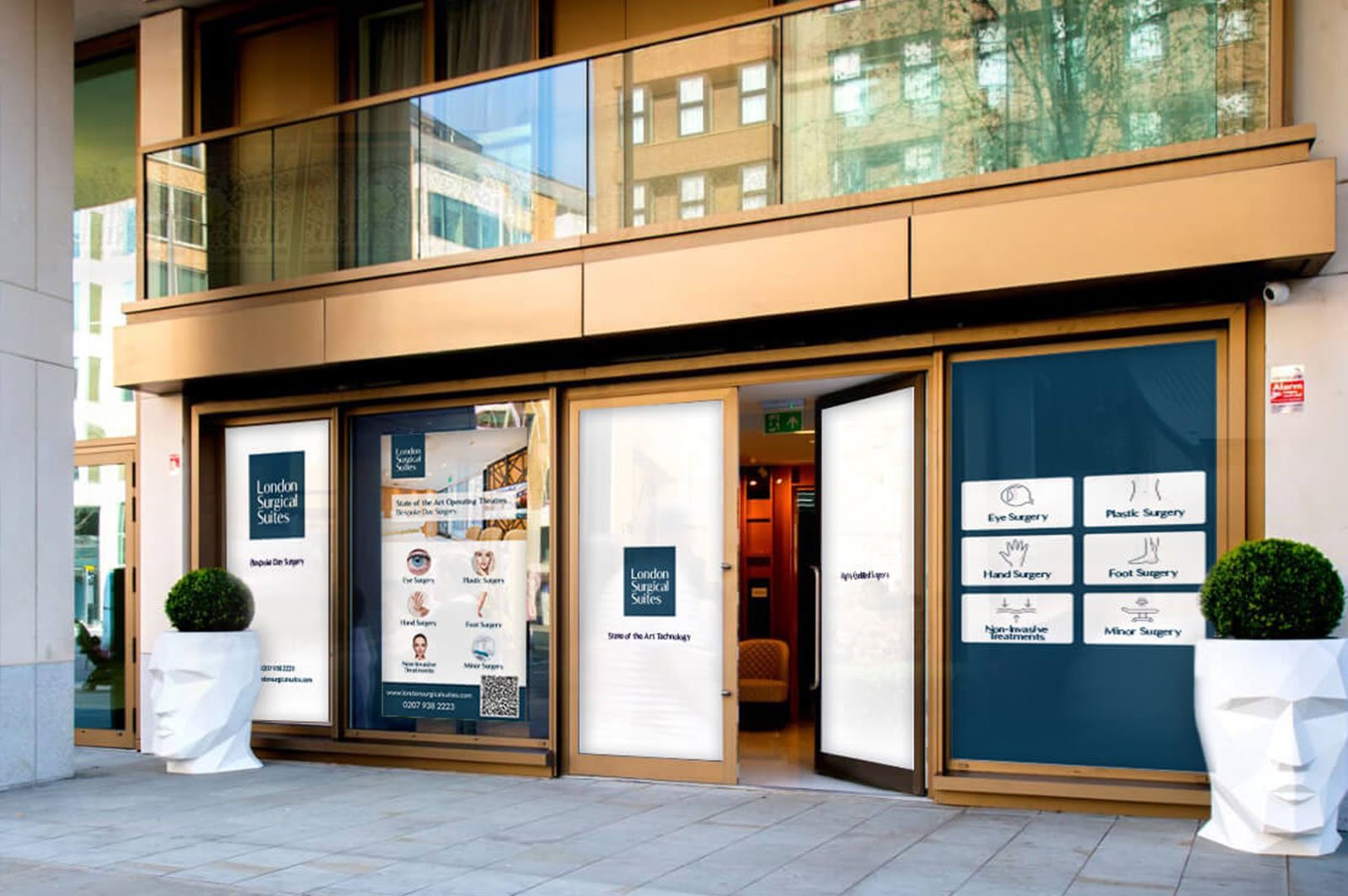ICL surgery
Award-Winning Surgeon with Multi-Followship Training
Advanced Surgical Machinery & Diagnostic Devices
Affordable & Flexible Finance Options
Central London Locations
ICL surgery
Performed by an Award-Winning Surgeon with Multi-Followship Training
Advanced Surgical Machinery & Diagnostic Devices
Affordable & Flexible Finance Options
Central London Locations


About Us
At the Harley Vision, we combine world-leading clinical expertise with most cutting-edge technology in eye care.
Artificial intelligence (AI) is utilised where possible to optimise treatment outcomes.

Highly Specialized
Care

State of Art
Diagnostic Devices

Highly Advanced
New Technologies

Highest Board of Certification
for Ophthalmology Consultants

Clinic Led By a Consultant
Eye Surgeon
What is ICL surgery?
ICL surgery (also known as Implantable Collamer Lens) is a procedure, an eye doctor implants contact lenses permanently into your eyes. The intent of this procedure is to modify the eye’s focusing power and reduce the need for eyeglasses or contact lenses. It is performed to treat short-sightedness (also known as near-sightedness or myopia).
An ICL is ideal for individuals under 40 years of age who do not yet need reading glasses. The implanted lens is most commonly placed behind the iris and in front of the natural crystalline lens of the eye. It is designed to last for life, and can be easily removed in the at a later stage in life.
Benefits of ICL surgery?
In addition to improved vision, there are numerous benefits of an ICL:
- It can fix severe nearsightedness that can’t be corrected with other surgeries.
- It’s meant to be permanent but can be removed.
- The lens provides great night vision.
- Recovery is usually quick because tissue isn’t removed.
- People who can’t get laser eye surgery might be good candidates for ICL.

Who is eligibile for ICL surgery?
ICL surgery is suggested when the refractive error stays within a range from -0.5D to -20D in Myopia and up to -3D in astigmatism. Patients with age between 21-45 years are ideal candidates for ICL surgery as approved by the FDA (American Food and Drug Administration). However, the type of Implantable Collamer Lens suitable further depends on the degree of Myopia or hyperopia, or astigmatism patients have prior to ICL surgery.
Unlike LASIK surgery, Patients with a thin cornea, corneal irregularities (or keratoconus) or even a history of unsuccessful Refractive surgery in the past are also eligible for ICL surgery. But pregnant and lactating females are not eligible as hormonal changes during pregnancy and lactation can cause changes to corneal curvature and its thickness thereby affecting the success rate of ICL surgery in the first place.
Visit our London facility for a one-to-one consultation with an expert ophthalmologist.
ICL surgery procedure and steps:
You will be asked to lie down on your back and will be administered topical or local anesthesia to numb your eye before the ICL surgery. Doctors clean your eyes and the area around them with a disinfectant. They may also give an injection to prevent the movement of the eyes while inserting the Implantable Collamer Lens.
Through a tiny incision, doctors will insert the Implantable Contact Lens into your eye. Being an extremely thin lens, it is first folded during insertion and then gets unfolded inside. After successfully inserting the Implantable Collamer Lens, doctors will stitch the operated part, and will apply some antibiotic drops and ointments to your eye before covering it with an eye patch. You will be under observation for the next 1-2 hours post-surgery to closely monitor your intraocular pressure.
After post-op care, you will be discharged on the same day. Doctors will prescribe you some medications with taper doses. You will be advised for periodic follow-ups for the next three months until everything is set back to normal. At our London facility, we follow best practices in ICL surgery to offer you world-class treatment.
ICL surgery
At A Glance

Back to work
1 week

Surgery Time
1 Hour

Hospital Stay
Day Case

Up & Mobile
1 Day

Up & Mobile
1 Day

Driving 4-5
Days

Washing
After 1 Day

Exercise
1 Week

Anaesthetic
Local Anaesthetia

Full Recovery
1-2 Weeks

Back to work
1 Week

Surgery Time
1 Hour

Hospital Stay
Day Case

Up & Mobile
1 Day

Travelling
5-6 Days

Driving
4-5 Days

Washing
After 1 Day

Exercise
1 Week

Anaesthetic
Local Anesthesia

Full Recovery
1-2 Weeks
Frequently Asked Questions
ICL surgery corrects short-sightedness, giving you much more clear vision without spectacles or contact lens.
In the hands of an experienced surgeon, the operation takes 5-10 minutes. The patient can go home immediately after routine surgery, and vision usually improves significantly within a few days.
Yes, at the Harley Vision, refractive lens exchange surgery can be performed on both eyes on the same day.
ICL surgery has a good safety profile, and can transform quality of life. The most common complications are over or under-correction, whereby an individual ends being slightly more short or long-sighted than intended. This is correctable by replacement of the ICL. Risk of severe loss of vision due to complications such as infection or retinal detachment are rare, and the majority of patients are very happy with surgical outcomes.
Like every surgical procedure, refractive lens replacement comes with a set of potential complications and other things that could go wrong. But if you are getting operated by an experienced surgeon in London using the correct IOL for you along with taking care of other safety parameters, nothing can go wrong with the surgery. You can talk to an expert in AI Vision, London, for more information.
You will meet your surgeon, Mr Mukhtar Bizrah, who will discuss the options of correcting your vision and perform your eye surgery. At the Harley Vision, you will not meet your surgeon for the first time on the day of surgery!
ICL surgery comes with mild discomfort caused by an instrument to prevent eye blinks and a minor incision to the cornea during the procedure. On the overall, it’s a painless procedure.
As the lenses are made up of improved collagen that is highly biocompatible and is prone to any infection, they can last up to 90 years.
Yes, you can. Depending on the refractive error and the thickness of your cornea, our doctors in London may either operate both eyes simultaneously or may go phase-wise with two weeks of observation gap in between.
About the surgeon

Mukhtar Bizrah is a consultant ophthalmic surgeon and specializes in cornea and cataract surgery. Dr Bizrah is one of the few ophthalmic surgeons in the world who is board certified in the UK, Canada, and Europe. As well as being the Co-founder and Director of the London Eye Course, he is also the Founder of the London Laser and Refractive Surgery Course. Dr Bizrah has more than 12 years of extensive experience in cornea and cataract surgery and has won numerous awards and prizes both nationally and internationally.
Highly respected among his peers, Dr Bizrah has led 30 research presentations around the world and has written 15 peer-reviewed research articles on his expertise in the field. As an expert in advanced corneal diseases and cataracts, Dr Bizrah’s training excelled from University College London, St. George’s University of London, and London Deanery. With two years at the Western Eye Hospital and Moorfields, Dr Bizrah has Fellowships from the London Western Eye Hospital and the University of British Columbia.
A dedicated humanitarian, Dr Bizrah is currently establishing links with Tanzania to support ophthalmology training to facilitate better eye care for those in need.
About The Surgeon
Mukhtar Bizrah is a consultant ophthalmic surgeon and specializes in Corneal and cataract surgery. Dr Bizrah is one of the few ophthalmic surgeons in the world who is board certified in the UK, Canada, and Europe. As well as being the Co-founder and Director of the London Eye Course, he is also the founder of the London Laser and Refractive Surgery Course. Dr Bizrah has more than 12 years of extensive experience in Corneal and cataract surgery and has won numerous awards and prizes both nationally and internationally.
Highly respected among his peers, Dr Bizrah has led 30 research presentations around the world and has written 15 peer-reviewed research articles on his expertise in the field. As an expert in advanced Corneal diseases and cataracts, Dr Bizrah’s training excelled from University College London, St. George’s University of London, and London Deanery. With two years at the Western Eye Hospital and Moorfields, Dr Bizrah has Fellowships from the London Western Eye Hospital and the University of British Columbia.
A dedicated humanitarian, Dr Bizrah is currently establishing links with Tanzania to support ophthalmology training to facilitate better eye care for those in need.

Patient Testimonials

















Accreditations





Our Procedures

Dry Eye Treatment

Cataract Surgery

Corneal Transplant

Refractive Lens Exchange

ICL Surgery

Pterygium Surgery

Corneal Cross Linking
Our Procedures

Myopia Treatments

Dry Eye Treatment

Astigmatism Treatments

Cataract Surgery

Cornea Transplant

Refractive Lens Exchange

ICL Surgery

Pterygium Surgery

Laser Eye Surgery
Make An Enquiry
Where we work






